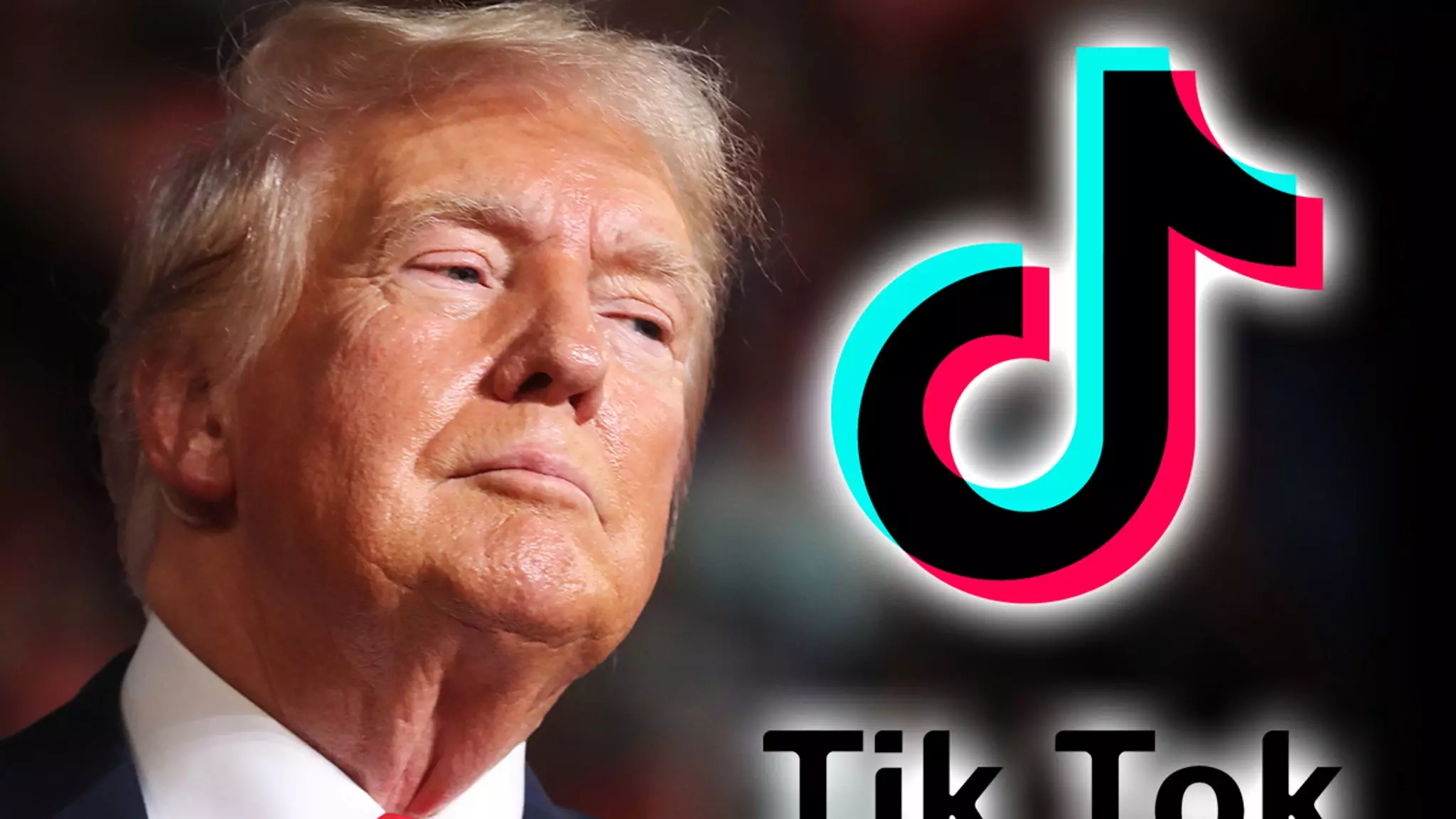As the clock ticks down to January 19, 2024, a significant rift emerges between national security concerns and the right to free expression on platforms like TikTok. Donald Trump, set to assume the presidency for a second term, has filed a request with the Supreme Court to pause a newly enacted law that mandates the sale or shutdown of TikTok, owned by Chinese company ByteDance. This legislation poses a unique challenge: it not only aligns with Trump’s ambitions but also raises questions about the balance of power between governmental authority and individual rights.
Trump’s legal team, represented by attorney John Sauer, has urged the Supreme Court to reconsider the timing of the law, seeking a delay at least until he is back in office. The timing of these legal maneuvers is far from coincidental, as it strategically positions Trump as a potential defender of the social media platform, appealing to its millions of users who might feel disenfranchised by the impending restrictions. His framing of the situation as an opportunity for a “political resolution” aims to attract attention to his negotiating skills, often touted as instrumental in previous deals during his first term.
In a bold assertion, Trump has declared himself a “consummate deal-maker,” suggesting that his return to power would enable him to resolve the controversy surrounding TikTok in a way that addresses national security concerns while preserving the platform. His self-characterization as a powerful social media user with a vast following—nearly 15 million on TikTok alone—reinforces his position as a relevant figure in this debate. The emphasis on his influence reveals an understanding that public perception plays a crucial role in political maneuvering.
However, this position does not exist in a vacuum. The government’s defense of the ban draws on legitimate worries about the Chinese government’s potential to manipulate the data of American users, framing the issue as one of national security rather than mere censorship. This dichotomy highlights the complexities involved; while Trump positions himself as a protector of social media freedoms, the underpinning fear of foreign influence complicates the narrative.
Contrastingly, TikTok has taken a firm stand against the ban, asserting that it infringes upon First Amendment rights and calling into question the legality of the law itself. Their counterarguments emphasize the importance of digital platforms as modern public squares, where individuals, especially younger demographics, express themselves and foster community. The implications of a potential ban stretch beyond individual users; they raise broader questions about digital liberties and the reach of government regulations in a rapidly evolving technological landscape.
As the Supreme Court prepares to weigh the competing interests of national security, economic implications, and personal liberties, the outcome of this case will likely set a precedent for how similar situations are managed in the future. With the escalating tensions surrounding social media and foreign ownership, the question remains: can Trump navigate this tumultuous landscape effectively, or will it become a battlespace where political ambitions clash with constitutional rights? The nation watches closely, with the fate of a beloved platform hanging in the balance.

